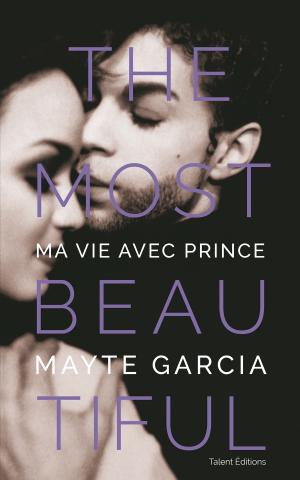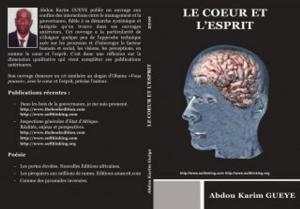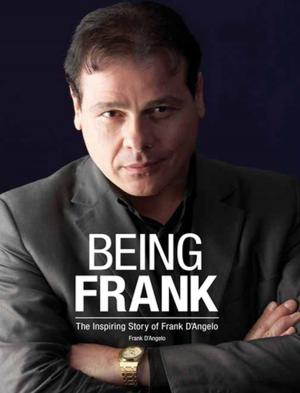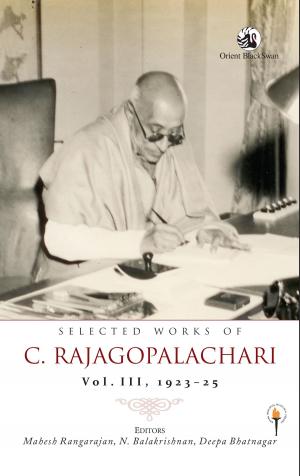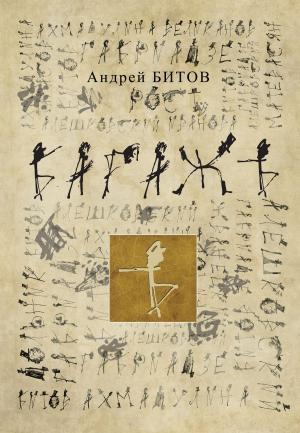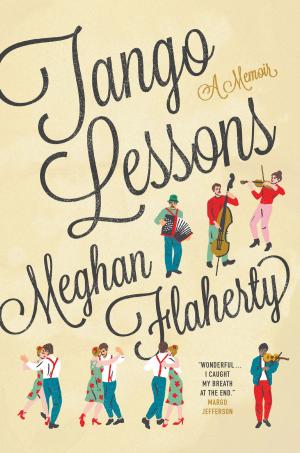| Author: | Lorraine Cobcroft | ISBN: | 9780980571448 |
| Publisher: | Lorraine Cobcroft | Publication: | March 28, 2013 |
| Imprint: | Smashwords Edition | Language: | English |
| Author: | Lorraine Cobcroft |
| ISBN: | 9780980571448 |
| Publisher: | Lorraine Cobcroft |
| Publication: | March 28, 2013 |
| Imprint: | Smashwords Edition |
| Language: | English |
A hit on the head with a pencil case began Paul Wilson's lifelong battle against the system and the pencil-pushers who tormented him... but nothing could break his indomitable spirit.
Paul was a fifth generation, native-born white Australian, and a stolen child. Bureaucrats stole him twice. So-called ‘women of God’ and a misguided carer stole his identity, his heritage and his self-respect.
Paul's dad knew there was only way to survive against injustice. It took Paul sixty years to learn.
Join Paul as he takes his lawyer on a journey through time, from the post-war home of a poverty-stricken Australian family, to a cold, harsh Catholic Orphanage, into foster homes and an Anglican Boys’ Home, to an army training school for boys, and through an eventful adult life desperately searching for identity, acceptance, love and peace.
His story is one you will read between tears and fits of rage, but also one that will reassure you of the beauty and strength of the human spirit and the power of family love.
***
Until around the mid-1970s, government policy across Australia was to remove children they considered to be “at risk” in their home environment. The story of ‘’The Stolen Generation’’ is now well known internationally, but the whole truth hasn’t been told. Children weren’t taken solely because of their race. They stole white kids too.
Welfare legislation authorizing the removal of children from poverty-stricken homes was enacted by people who were untrained, and unable or unwilling to acknowledge that lack of money did not mean a bad home life. Children were removed to institutions where they suffered deprivation, abuse, separation from family, and withholding of affection that scarred them for life.
Financial benefits accrued to welfare workers and churches through increasing the number of wards of the state. Increased government funding of welfare departments meant more jobs, and churches profited by keeping children on subsistence diets and dressed in rags, spending far less than the Government allowances provided for the children committed to their care.
A minimally fictionalized biography, "The Pencil Case" is a confronting account of the life of one of the victims of this policy.
‘’Gritty and mesmerizing” (Kenneth Edward Lim)
“The author’s brilliance with imagery and words involve the reader to the point of being an observer in the time and place.” (Diana Hockley)
“Read even half a chapter of this and you'll know straight away you're dealing with a phenomenal writer and a fascinating story. This book is as important as it is riveting.” (Richard Walsh)
“…a story that I think should be mandatory reading in schools and colleges, and for most everyone else too” (Fran Macilvey)
A beautifully-written, utterly moving piece of art. (Faith Rose)
“…a story that should be heard” (M.A.McRae)
A hit on the head with a pencil case began Paul Wilson's lifelong battle against the system and the pencil-pushers who tormented him... but nothing could break his indomitable spirit.
Paul was a fifth generation, native-born white Australian, and a stolen child. Bureaucrats stole him twice. So-called ‘women of God’ and a misguided carer stole his identity, his heritage and his self-respect.
Paul's dad knew there was only way to survive against injustice. It took Paul sixty years to learn.
Join Paul as he takes his lawyer on a journey through time, from the post-war home of a poverty-stricken Australian family, to a cold, harsh Catholic Orphanage, into foster homes and an Anglican Boys’ Home, to an army training school for boys, and through an eventful adult life desperately searching for identity, acceptance, love and peace.
His story is one you will read between tears and fits of rage, but also one that will reassure you of the beauty and strength of the human spirit and the power of family love.
***
Until around the mid-1970s, government policy across Australia was to remove children they considered to be “at risk” in their home environment. The story of ‘’The Stolen Generation’’ is now well known internationally, but the whole truth hasn’t been told. Children weren’t taken solely because of their race. They stole white kids too.
Welfare legislation authorizing the removal of children from poverty-stricken homes was enacted by people who were untrained, and unable or unwilling to acknowledge that lack of money did not mean a bad home life. Children were removed to institutions where they suffered deprivation, abuse, separation from family, and withholding of affection that scarred them for life.
Financial benefits accrued to welfare workers and churches through increasing the number of wards of the state. Increased government funding of welfare departments meant more jobs, and churches profited by keeping children on subsistence diets and dressed in rags, spending far less than the Government allowances provided for the children committed to their care.
A minimally fictionalized biography, "The Pencil Case" is a confronting account of the life of one of the victims of this policy.
‘’Gritty and mesmerizing” (Kenneth Edward Lim)
“The author’s brilliance with imagery and words involve the reader to the point of being an observer in the time and place.” (Diana Hockley)
“Read even half a chapter of this and you'll know straight away you're dealing with a phenomenal writer and a fascinating story. This book is as important as it is riveting.” (Richard Walsh)
“…a story that I think should be mandatory reading in schools and colleges, and for most everyone else too” (Fran Macilvey)
A beautifully-written, utterly moving piece of art. (Faith Rose)
“…a story that should be heard” (M.A.McRae)




